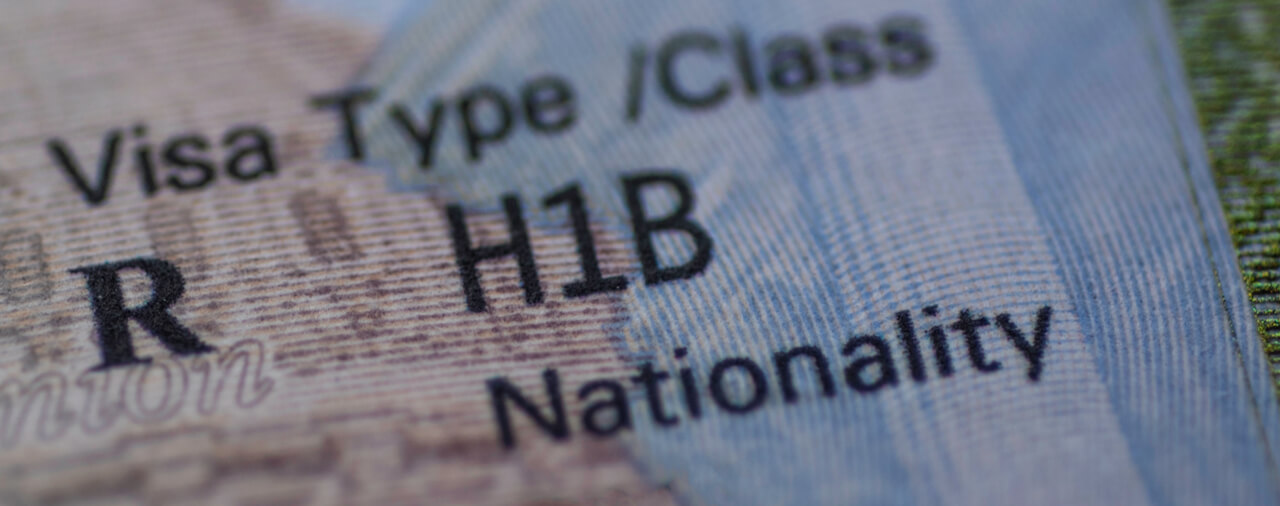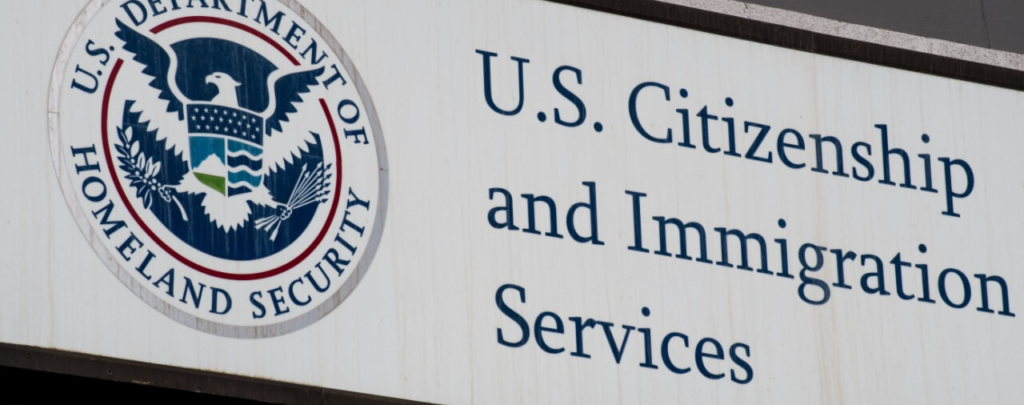An interesting article posted on the Forbes website examines an increase in the denials of petitions for initial H1B employment and for continuing H1B employment [PDF version].1
Citing to United States Citizenship and Immigration Services (USCIS) statistics, Stuart Anderson of Forbes explains that the USCIS denied 24% of initial H1B petitions through the third quarter of FY 2019. This is a marked increase from the 6% of initial H1B petitions denied in FY 2015. Anderson stated that number of denials has been particularly high for IT services companies: “Out of the 27 companies examined in the [National Foundation for American Policy] analysis, 12 companies that provide professional or information technology services to U.S. companies had denial rates over 30% through the first three quarters of FY 2019. In contrast, most of these companies had denial rates between 2% and 7% in FY 2015.”
The USCIS also denied a relatively large number of petitions for continuing employment. Anderson noted that the USCIS denied 12% of H1B petitions for continuing employment through the first three quarters of FY 2019, four times the 3% rate in FY 2015 and three times the 4% rate in FY 2016. In 2017, he USCIS implemented a policy requiring adjudicators to give less deference to initial approvals of H1B petitions for petitions to continue H1B employment.
These statistics indicate that the USCIS is setting a higher bar for H1B petitioners now than in the years preceding the Trump Administration. This may be especially significant for H1B petitions seeking to employ IT workers. Because the substantive H1B requirements are generally unchanged, petitioners should take special care to account for any potential weaknesses in their H1B petitions that could lead to denials under USCIS’s increasingly aggressive adjudicative posture. Petitioners should consult with an experienced immigration attorney in the area of work visas for guidance on how to file a petition that will have the best chance of being approved in light of the facts and circumstances of a particular case, or for guidance on whether the case may be amenable to an employment immigration category other than H1B.
To learn more about H1B visas and other nonimmigrant work visas, please see our growing selection of articles on site [see category].





